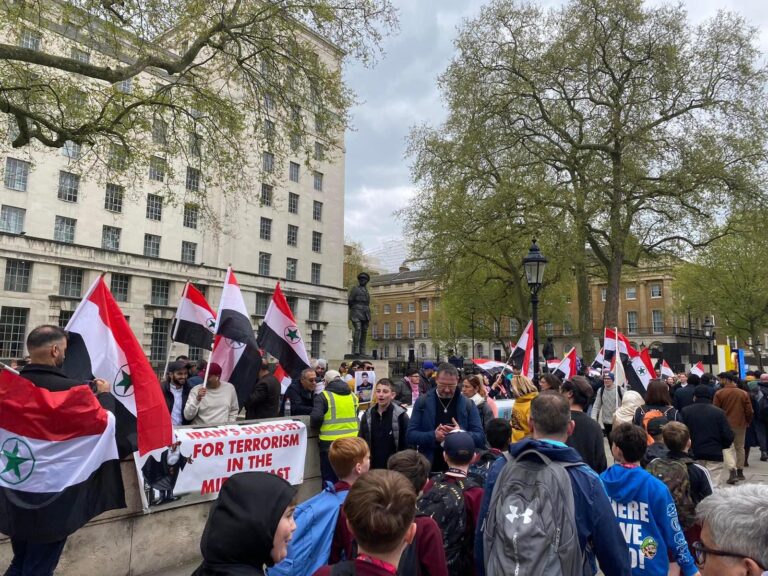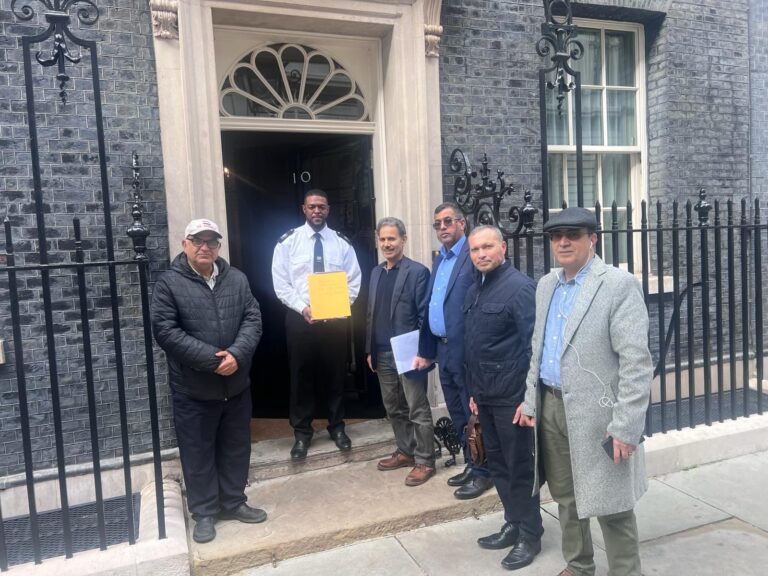The mistake that both governments and pundits in the West does in regard to Iran is that they change their policies and views based upon social and political changes in Iran, which they often misunderstand or misinterpret due to lack of understanding and information about 
the reasons behind these changes.
By Loghman H. Ahmedi
It seems that no one in the West knows what to with Iran. The Obama administration and its allies are grasping for any solution, even if the solution would lead to other problems. Pundits and self-described experts on Iran are proposing everything from sanctions, military attacks, and unconditional engagement with the regime to ignoring Iran.
The Obama administration’s Iran policy has failed dramatically. Obama’s efforts to engage the regime in Iran failed, its efforts to pressure Iran on the nuclear issue are failing and it has even led to a potential conflict with China. The EU follows suit. But a noteworthy change is that the IAEA, after that El-Baradei left the agency, has stepped up its pressure on Iran. But this will not change Iran’s policy to pursue nuclear weapons because the framework in which the agency works makes it possible to manipulate.
Efforts to impose sanctions on Iran (especially in its “crippling” form) will most probably fail; China and Russia will hinder any such efforts. A military attack, especially if it only targets Iran’s nuclear plants will also fail and could even lead to strengthening the regime. The IAEA’s new approach could help the U.S. and its allies to put more pressure on Iran regarding its nuclear program, but it in the end it will not bring about any real change in this regard.
As for self-described experts proposals to unconditionally engage Iran, one can only hope that the proposal is rooted in some kind of ultra-radical realism and that the individuals working for this approach are not stooges of the Islamic Republic. As for the proposal to ignore Iran and hope that the problem will wither away is quite amusing but not a practical.
The mistake that both governments and pundits in the West does in regard to Iran is that they change their policies and views based upon social and political changes in Iran, which they often misunderstand or misinterpret due to lack of understanding and information about the reasons behind these changes. A very recent example is that when the expected demonstrations on the anniversary of the 1979 Revolution in Iran didn’t turn out to be as large and as violent as expected, pundits and so called experts declared the opposition movement, that staged several anti regime demonstrations after the June 2009 presidential elections, dead.
Assuming that the regime has total control and that there will be no more demonstrations because the regime managed to prevent large demonstrations on the anniversary of the revolution is wrong. The opposition will grow and become more effective.
Even though the first demonstrations began as a reaction to the election fraud that took place during the Presidential election, the actual reason behind the demonstrations was a deep-rooted dissatisfaction with the rule of the Islamic regime.
Realistically, the only chance that Iran’s nuclear program is halted is if the regime is changed and the system of the Islamic Republic is changed into a secular and democratic system of government.
The fact that the demonstrations have not spread to regions in which Kurds, Balochs, Arabs, Turkoman and Azeris are in majority is the largest problem that the movement faces. These nationalities fear that their legitimate demands will not be met if individuals that are loyal to the Islamic Republic come to power.
But as the demonstrations have continued and the real demands of the people in large cities like Tehran have become similar to those of the different nationalities, the possibility that these nationalities will join the demonstrations have increased dramatically.
For this to be possible, the struggle of the freedom-seeking people of Iran needs the support of governments that have a direct interest in removing the current regime. This support should not be short termed and it should not depend on the current regimes willingness or unwillingness to negotiate about its nuclear program.
Western governments should support the opposition morally, politically and in any other way that could help the democratic opposition to overthrow the Islamic Republic. Regime change will not only be in the interest of the people of Iran, but it will also bring about stability in large parts of the Middle East and it will also be in the direct interest of Western states.













+ There are no comments
Add yours